Asian hornets, which can eat up to 50 honey bees per day are almost certainly breeding in the UK, Paul Hethrington Director communications at the Buglfe
charity has warned.
Speaking to Sky News Mr Hethrington said “This years early sighting of the Asian Hornet in the UK is extremely worrying and suggests a winter stay."
"An adult Asian hornet can consume roughly 50 honey bees a day - that translates to an entire nest of bumble bees for one hornet.” He said.
It is a worrying development for Britain’s bee population, as the Asian hornet is a significant predator of both honey bees and bumble bees.
Mr Hethrington said the Asian Hornets appear to be establishing in the South of England where some of the UK’s rarest species of bumble bees exist, such as the Shrill Carder bee and the Brown-banded Carder bee.
Asian hornets predominantly predate honey bees and bumble bees, they also predate on solitary bees and other invertebrates and it’s unknown at this time what affect they could have on our dwindling insect populations.
Members of the public are urged to download the Asian Hornet Watch smart phone app to help identify and report sightings of this invasive species.
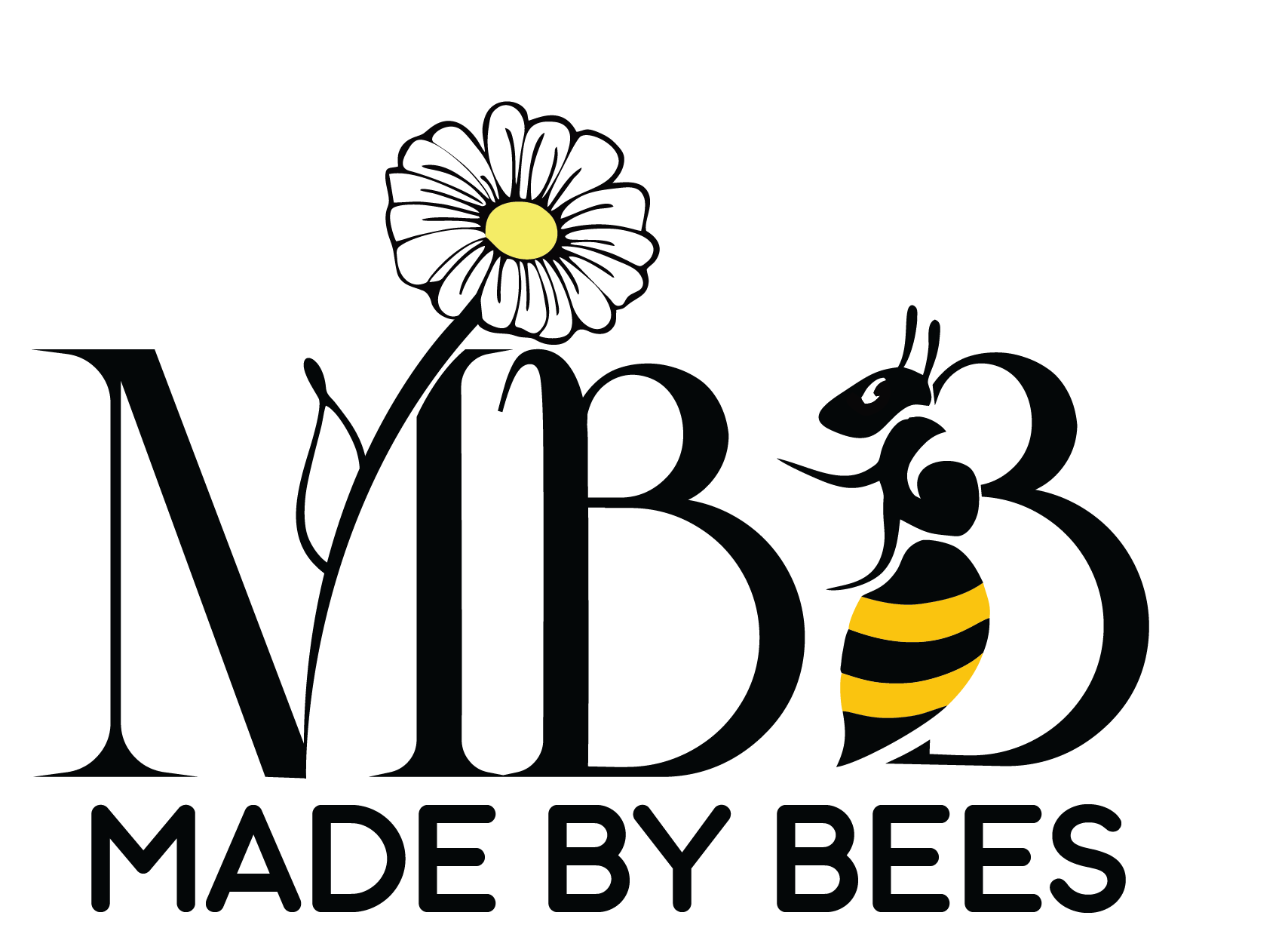

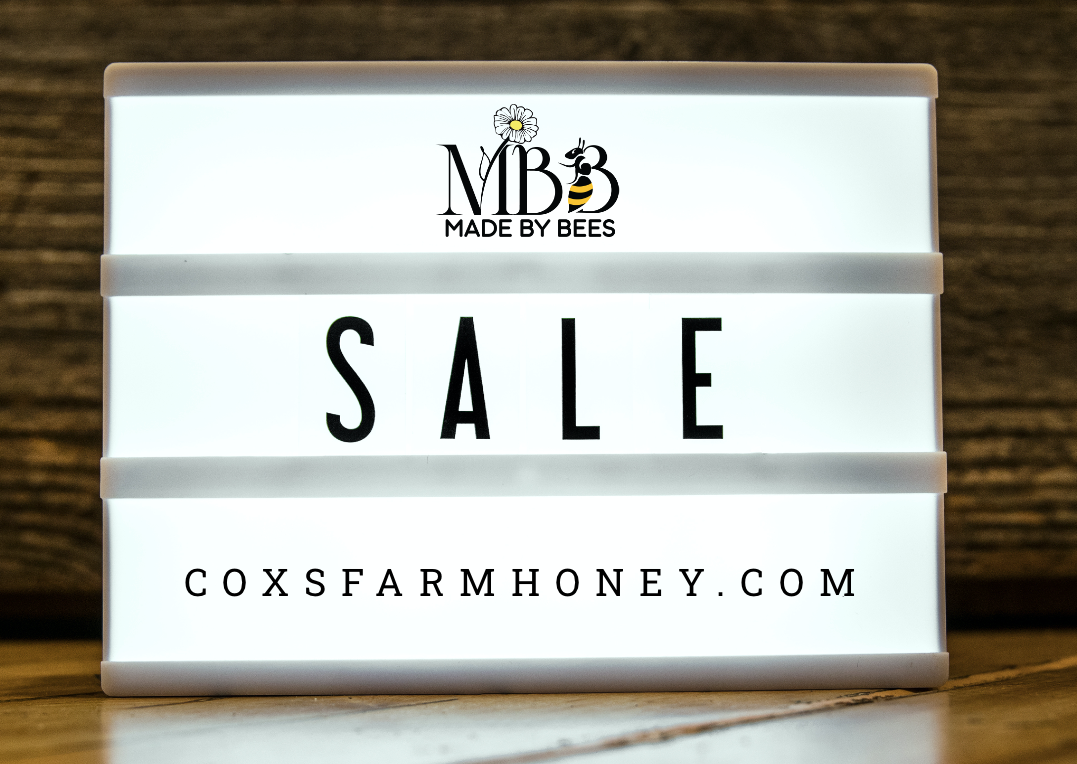
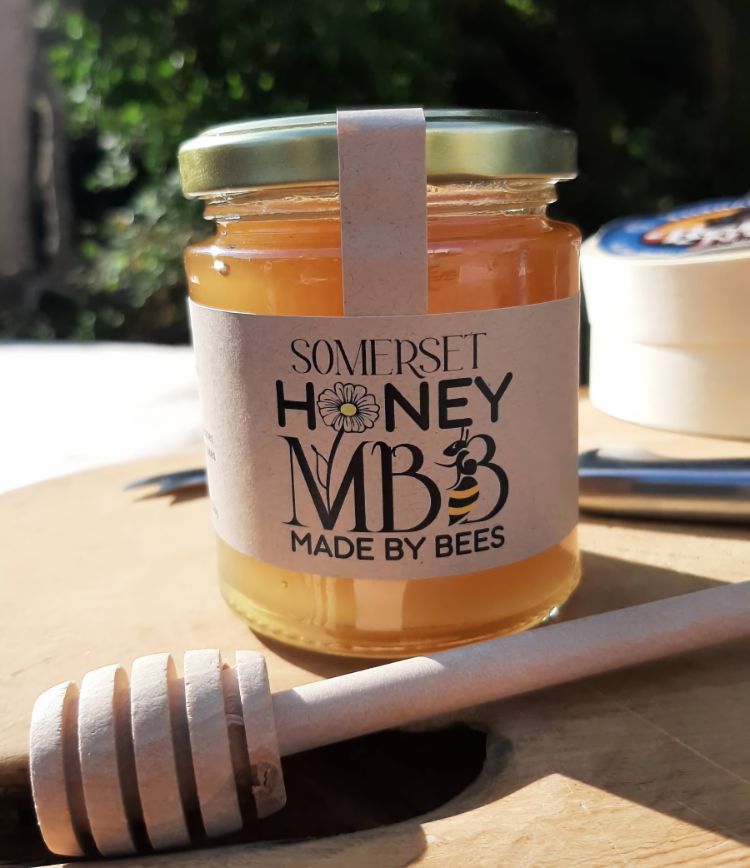
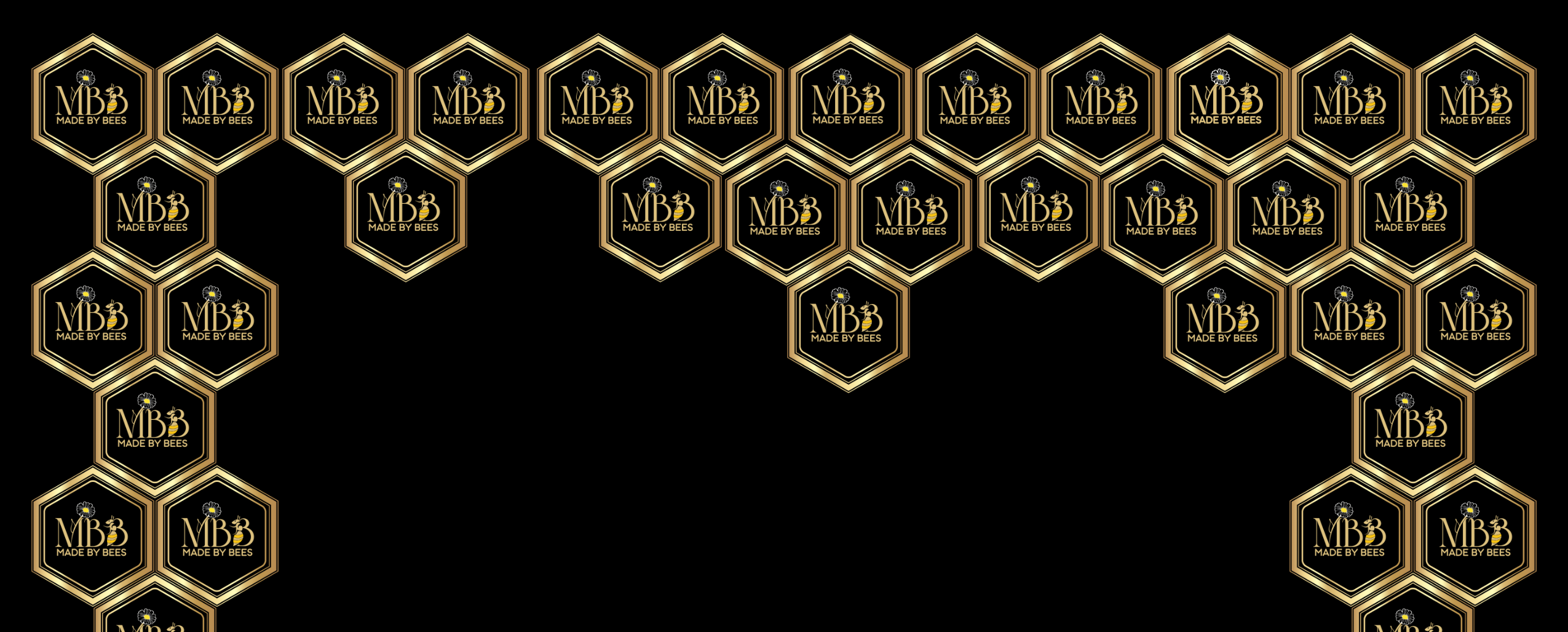
Share:
Have your say in shaping Somerset’s Local Nature Recovery Strategy
Honeybees can sniff out human lung cancer